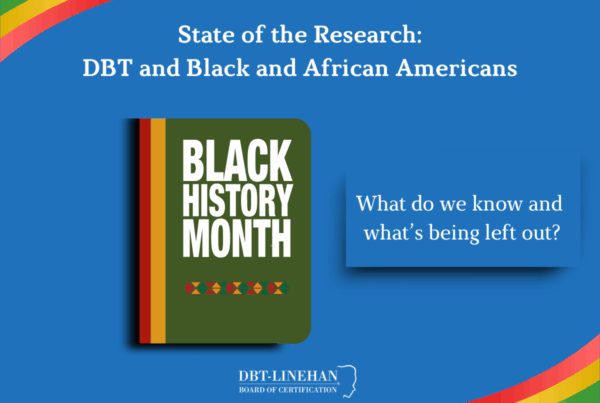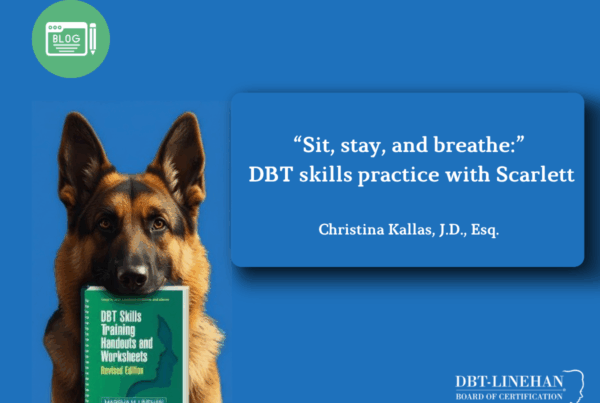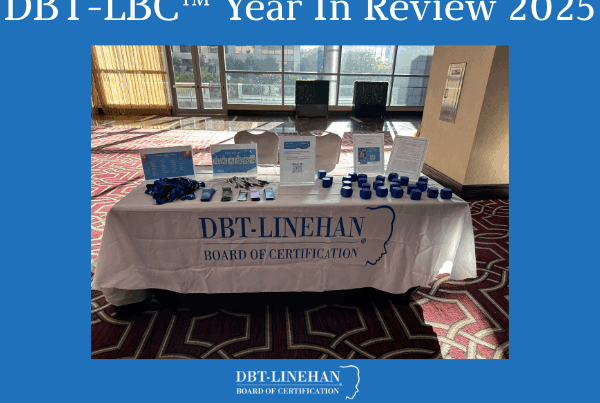Are We There Yet? Where We Are on the Road to Our ‘New Normal’?, and How Do We Get There?
When we have a problem, most of us look for advice about how to solve it. In the case of a pandemic like Covid-19, we have to go back to experiences where there was a big change in the culture, and little time to prepare for it. Most of us weren’t around for the 1918 flu. But many of us have relatives who lived through the Great Depression or World War II. And, of course, there are books.
Several years ago, I read a book about a virus like Covid-19, and how it could spread from animals to humans, and what that spread would look like. The book warned that it wasn’t based on fiction, but on science. So, I wasn’t surprised by the advent of this pandemic, although I had an expectation, perhaps naive, that our government would protect us more than it has. I did some preparing over the years, buying extras of things to store in the house. When cable service came to our rural area, we signed up, and it has made a big difference for us. I also bought a new cell phone, and the reception is better than the old one. But of course, we didn’t have masks.
Buying things to help us through this pandemic is the easy part. The hard part is building up resilience. I have often wondered: how do people keep from becoming depressed or hopeless, especially when presented with something that will be a long term, or even life-long challenge? Part of learning DBT skills is learning what tools to take out of our toolbox to use, and when. When I read Viktor Frankl’s Man’s Search for Meaning I wondered: how did he arrive at this conclusion? Was it part of his personality, that he was able to slow down, go one day at a time, make the most of each day? How can I do that? What tools can I use?
And even more fundamentally, how do I find the discipline, the courage, to use the tools I have, and to develop more tools? To not give in to despair and hopelessness, the sense of helplessness at not being a doctor, or the Governor? How does my child manage to do this every day, given her diagnoses?
I find myself paying more attention to what I do each day, and acknowledging what I’ve accomplished, instead of treating it as unimportant. Today, I got up and I brushed my teeth. I walked the dog, then fed her, then played catch with her. I looked over my ‘to do’ list and knocked off a couple of the easy things. I repotted a couple of the mint plants in preparation for the winter. I noticed there are some green tomatoes left; I decided to cook them for dinner.
Then I noticed the garden plot that I’d allowed to overgrow and decided to clean it up. I started pulling all the weeds and then I stopped: what was that in the ground? I figured the chipmunks had buried an acorn, but no: it was a little red potato. Then another. Then another. I had not seen anything growing, so I assumed the bits of potato I had planted had not taken. But I was wrong. Sometimes, you don’t have to work so very hard to accomplish a goal. Sometimes it doesn’t take much at all. Just plant a seed, and let it grow.
Maybe I’ve been obsessing too much about what I need to do. Maybe now that I’ve planted so many seeds, I just have to let them grow. I’m lucky – I can watch them.
Chris Kallas
DBT-LBC Public Board Member





